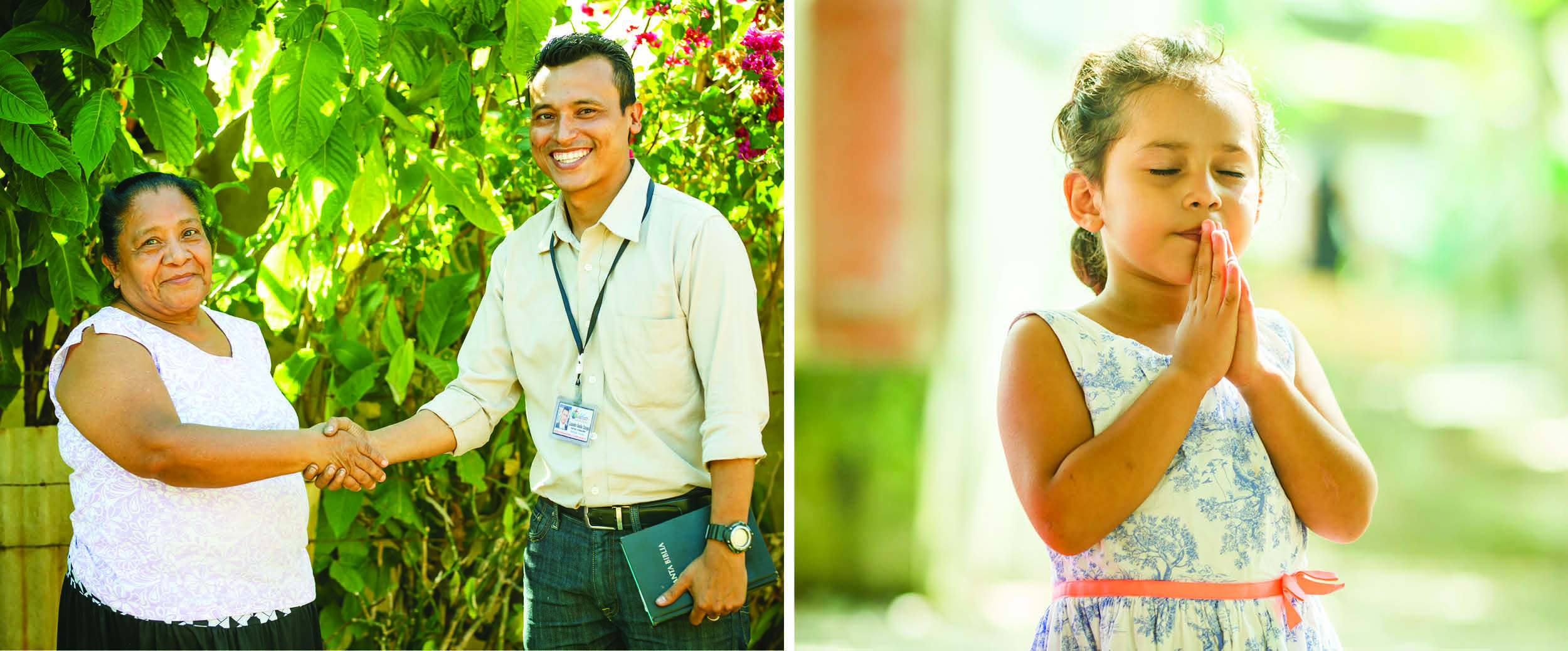Where is the hope?
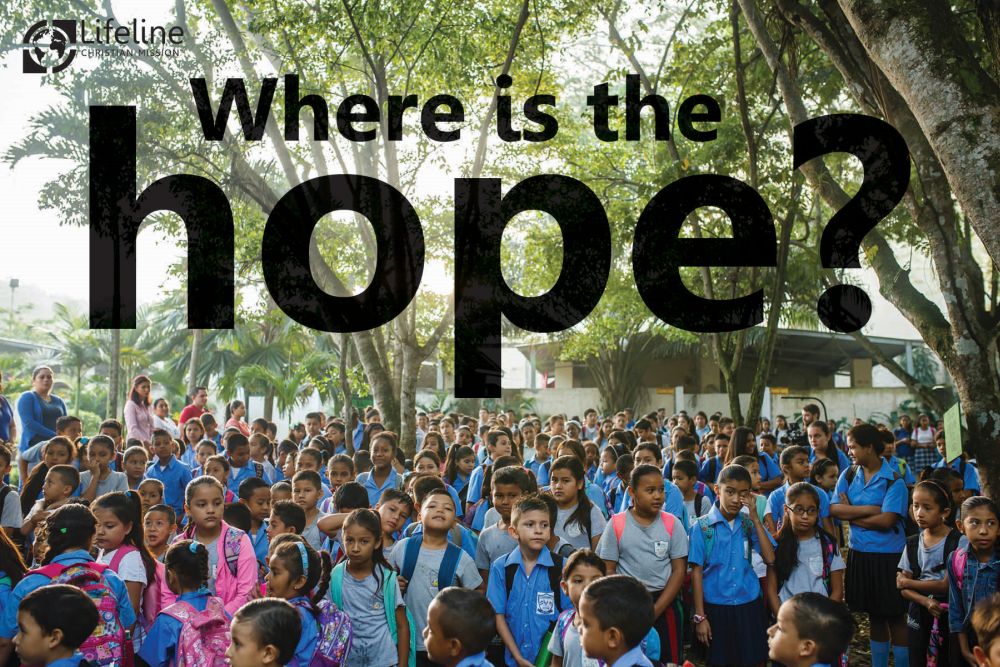
You’ve likely seen it on the news recently:
- The United States government cut humanitarian aid to Honduras, El Salvador, and Guatemala.
- Immigration processing centers along the U.S./Mexico border are overflowing.
- More migrants from Central America - particularly Honduras, El Salvador, and Guatemala - are heading to the United States, hoping for a better life.
While we won’t delve into the politics, there is a real desire for a better tomorrow that has driven people north for decades. Ultimately, we believe that hope is only found in Christ. We also believe that opportunity can be found through their local church.
So we ask: what if we went deep to the root of the problem? What if their communities looked different? What if hope wasn’t about crossing a border?
Right now, for many people in these Central American countries, life is a day-to-day struggle. According to the World Bank, more than 60% of the population is living in poverty in Honduras, and one out of five Hondurans live on less than $1.90 (U.S.) per day. Guatemala has some of the worst rates of poverty, malnutrition, and maternal-child mortality rates in Latin America, and El Salvador struggles with crime and violence that hinders social development and economic growth. What would you do, if you, as a parent, were raising a family in these circumstances?
Our vision at Lifeline is to serve alongside the local churches in Honduras, Guatemala, and El Salvador to help create stability in families and communities, all while sharing God's grace and love. What does that look like?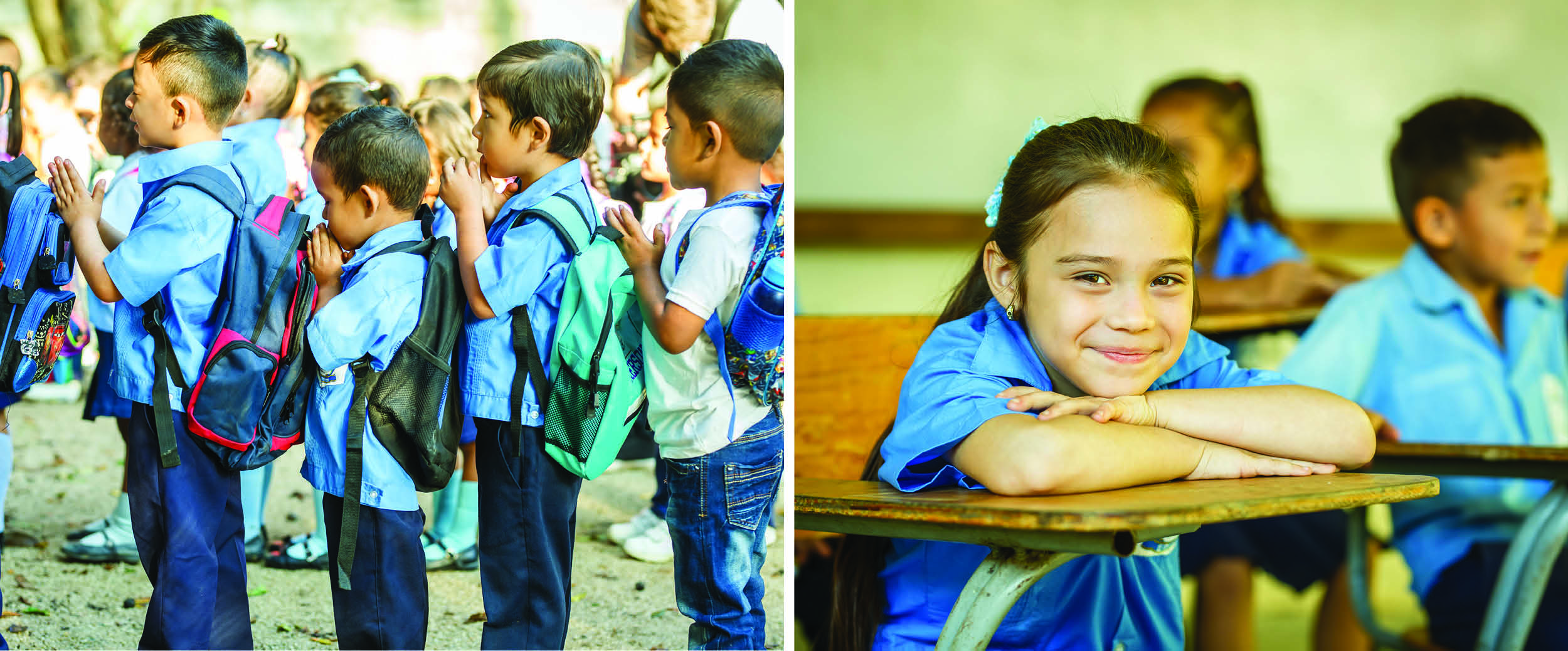
1) Education is one answer. It provides an opportunity for better employment which gives families financial stability.
Our leaders in Honduras are visionary! They are continually building up Lifeline's existing Christian schools, while dreaming about the next educational opportunity.
A bilingual school in Tegucigalpa:
In Tegucigalpa, when our Honduran leaders speak about their community, you hear the passion in their voice; their hearts hurt for families in their neighborhood. So they came up with a plan to serve the community, while sharing God's love!
Workers who know both Spanish and English are in high demand. Basic English is taught in our two Christian schools but our Honduran leaders want to better equip students. So Lifeline worked with our leaders to launch a bilingual school Tegucigalpa, Honduras in a neighborhood that lacks stability. This bilingual school teaches English beginning in preschool, so that by the time a student graduates they will be fully bilingual and qualified for a much higher paying job. Twenty-three excited, young students have enrolled in our first two classes! Each day, these students are praying, memorizing scripture and studying God's Word, as well as learning English, Spanish, math, etc. Another grade will be added each year until these students graduate.
Our leaders and staff are excited about this new venture! When you look in these leaders’ eyes, you see their vision: a building full of students and a strong community surrounding the church and school. We've had one church stand up to commit support for this school, but more is needed. If God is planting this vision in your heart, then we invite you to join the conversation.
Lifeline's schools in San Pedro Sula:
Lifeline’s two Christian schools near San Pedro Sula, Honduras serve lower income communities. Our staff who work with these students are amazing! They know the day-to-day struggles that each family goes through. They encourage parents to keep their students in school because our staff knows that the alternative - dropping out of school - simply continues the cycle families are in.
In fact, our students believe so strongly in the importance of this education that several students have come back to join our staff! This is an amazing testimony to our students! Their story speaks volumes to the students they teach.
An education gives a child the opportunity to create a stable future; it's a start. And our Honduran leaders are also dreaming bigger…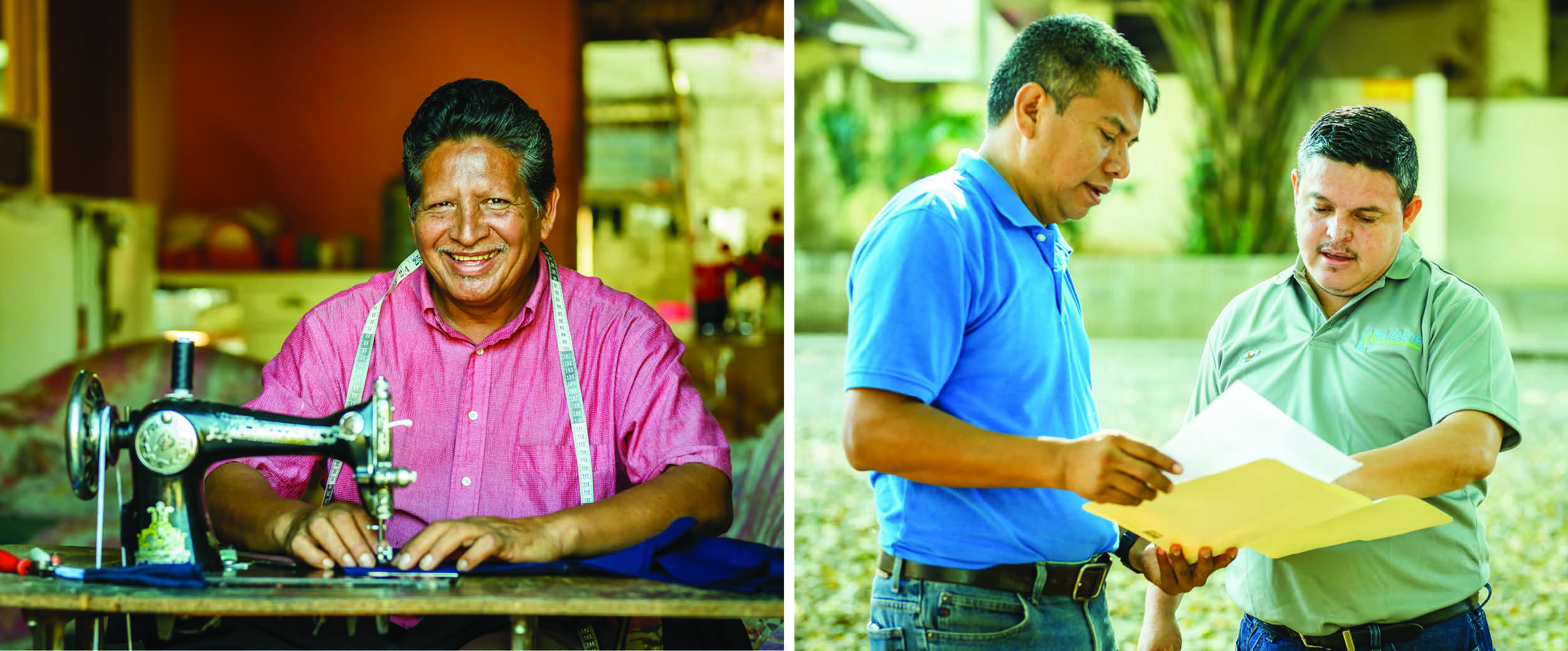
2) A business as mission initiative is another answer. It empowers local families to start a business, which provides stability for their family and employment for others in their community.
Our Honduran leaders know the value of owning a business or learning a secondary trade. These leaders began a small restaurant at Omoa Christian Church, which is open on Fridays and Saturdays. It provides jobs and experience for young entrepreneurs. The leaders also envision a restaurant in Santa Cruz de Yojoa and a trade school for our pastors to be bivocational.
They are excited to begin, but there are a lot of questions on how to make this work effectively. That’s where you could come in: Our Honduran leaders are looking for experienced business leaders who can lean in to provide insights on launching and running a business.
Our church leaders in Guatemala and El Salvador are also watching. What does this look like? How can they replicate this in their communities? How can they bring stability to families?
This isn’t a quick fix; it will take time. But if we don’t start now, then nothing will change…
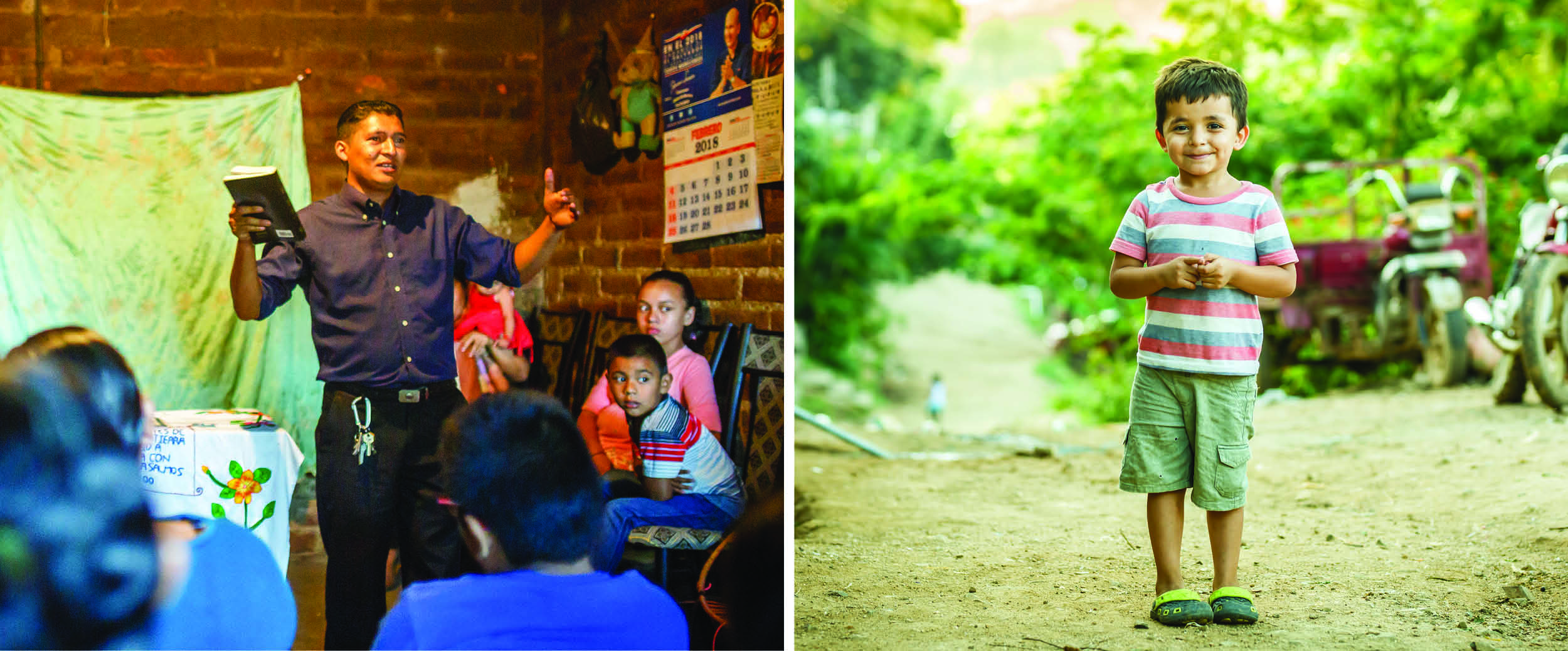
Join the conversation to develop small businesses and a bilingual school
Come alongside our Honduran leaders to enable business development! We’re looking for business leaders who can lend their expertise with economic development and empowerment through small businesses. Let us know of your interest by filling out this form, or contact Ben.Simms@Lifeline.org or Joel.Augustus@Lifeline.org to join the cause!
It’s giving hope to families one business at a time. And before long, that multiplies to an entire community! Which means hope won't be found by crossing a border: it will be found in the local church with stable families and neighborhoods!